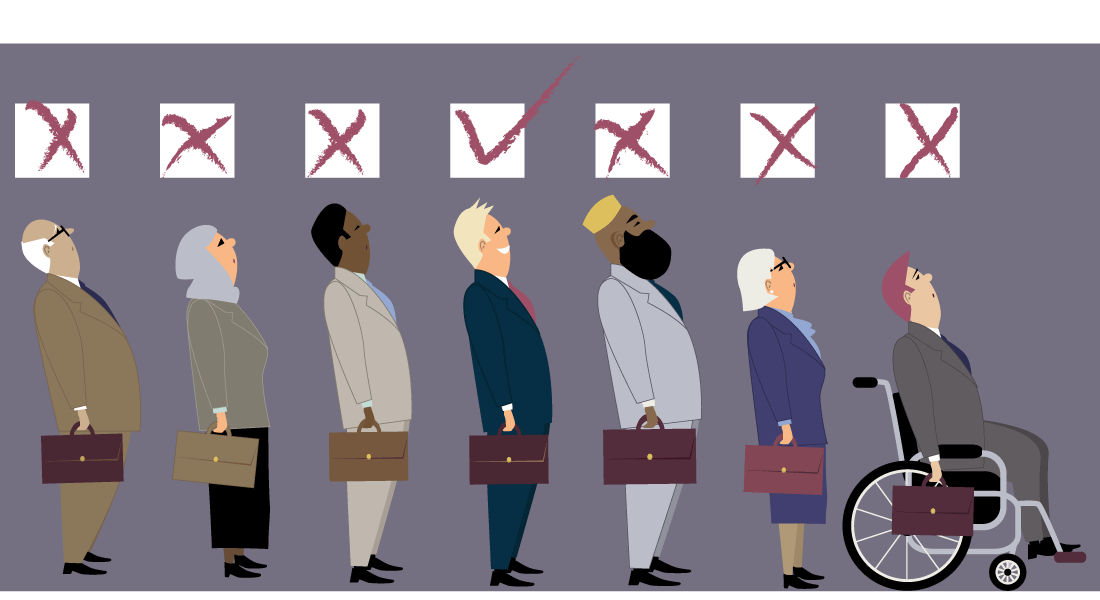Discriminatory hiring practices have serious consequences and are unacceptable. It’s not just a social issue but also illegal under the Civil Rights Act. Take, for example, the Four Seasons Licensed Home Health Care Agency in Brooklyn, which was sued for race and national origin discrimination. The lawsuit alleged that the agency favored patients’ racial preferences, leading to the dismissal of Black and Hispanic aides. When no other assignments were available, these aides lost their jobs, and the company had to pay $400,000 in damages.
In another case, SmartTalent LLC, a Washington-based staffing agency, settled a sex discrimination lawsuit by paying $875,000. The agency was found guilty of fulfilling clients’ requests for male-only workers, which violated the Civil Rights Act of 1964.
These cases highlight that businesses cannot ignore discriminatory behaviors as minor issues. It’s crucial for agencies, companies, and employers to communicate clearly to their clients that requesting a worker of a specific gender or national origin is unethical and violates legal guidelines.
The repercussions of discrimination go beyond financial penalties. They include an injunction prohibiting companies from making assignments based on a client’s race—or national origin-based preferences, updates to internal policies, mandatory training for management employees about Title VII, and the implementation of a complaint reporting system.
Employees also play a vital role in combating discrimination. If you encounter any discriminatory policies at your workplace, seek advice from an experienced sex and race discrimination attorney. Remember, prejudice has no place in our society, and seeking professional guidance can help ensure that justice is served.


